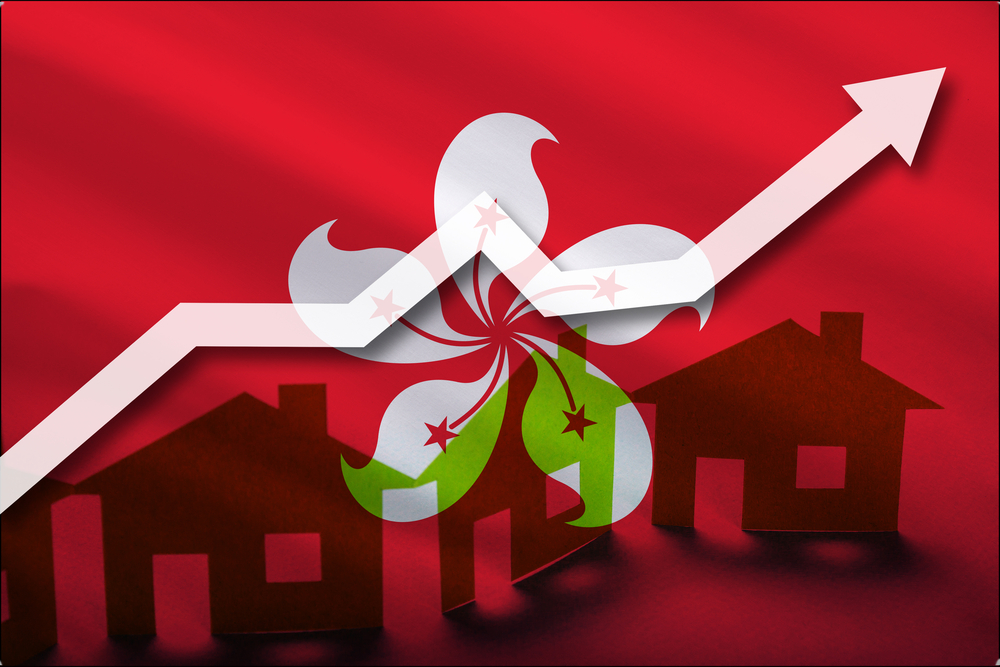17 April 2019 - With the first quarter of the year just behind us, it’s already been a roller coaster of a year. January saw a resurgence in global optimism, though that momentum has almost immediately come into question. Heightened political uncertainty in many parts of the world, combined with faltering corporate earnings have led many to expect the global economy to slow down through the remainder of 2019.
Key economies continued to stumble
For months, global markets were eagerly awaiting the U.S. Federal Reserve's interest rate decision. As widely expected, the Fed announced in late March its decision to leave interest rates unchanged, citing critical changes in macro-economic conditions and the political environment. Meanwhile the UK has been stuck in a Brexit quagmire, contributing to an already uncertain European economy and recession concerns in the Eurozone, which was just regaining momentum in February.
Here at home, China has lowered its target for GDP growth this year to 6.0 to 6.5 per cent after observing the slowest growth in many years in 2018, blaming the slowdown on the U.S. trade war. On one hand, this downward pressure felt in the Chinese economy impacts the outlook for Hong Kong’s property market. On the other hand, there are no obvious increases to supply in sight – whether due to organic development or from changes in government housing policies. With demand remaining steady, it seems that home prices are unlikely to fall systemically, though they may still be subject to swings in general sentiment as seen in late 2018.

Bearish property climate appears to have turned a corner
The Fed’s decision to hold rates at their current level this year has given the Hong Kong market a confidence boost as it signals that interest rates will not meaningfully increase in the next 12 (and potentially 24) months. A low interest rate environment is generally good for homebuyers as monthly mortgage payments are low and often below monthly rents received. It’s in these times that owning property is a better option to renting.
The Fed's dovish stance on the interest rate removes the uncertainty in the housing market as it relates to high interest rates (at least for now) though also signals the Fed’s cautious stance on the world’s underlying economic health. Home prices in Hong Kong fell by 9.2 per cent from their peak in July to December last year, according to the government’s data. But January 2019 saw an inflection point, with prices stopping their decline then recovering 2.1 per cent through mid-March (the latest data available at the time of writing), according to the CCL Index, which tracks home prices in the secondary market.
The bearish property consensus has now reversed, with developers, surveyors, estate agents and banks changing their outlook and now predicting a rebound this year of 5-10%.

Current views for investors
As mentioned, the last 8 weeks have seen a return in purchasing activity, which has led prices to begin to recover. Buyers able to move quickly have taken advantage of the lower prices that unfolded in 3Q2018. Market views have been rapidly changing in the last 2 months though for now it appears that confidence will continue, rewarding faster decision making.
That being said, ultimately the property market is similar to the stock market – it’s difficult or impossible to predict in the short term, and people shouldn’t try to. The world’s best stock market investors (such as Warren Buffet) continually preach the hazards of trying to time their entry into (or exit from) the stock market, and the same holds true for property. There are, of course major cyclical indicators such as overall leverage, affordability, supply and demand that can indicate an overheated market (which we don’t see now.) However, knowing precisely when the property market will turn is all but impossible.
Buying (or selling) a property should be 90% driven by your life situation and financial position, not by the latest news on the market. This includes when you buy, and how much you should invest. Naturally, you don’t want to “catch a falling knife” so look out for big, fundamental indicators of a reversal in the market cycle. Absent obvious signs of a market crash, investing for the long term has repeatedly proven to be successful. Hong Kong’s property market fundamentals remain solid so the recent “bear market sentiment” has created good opportunities for long term investors in the market today.






